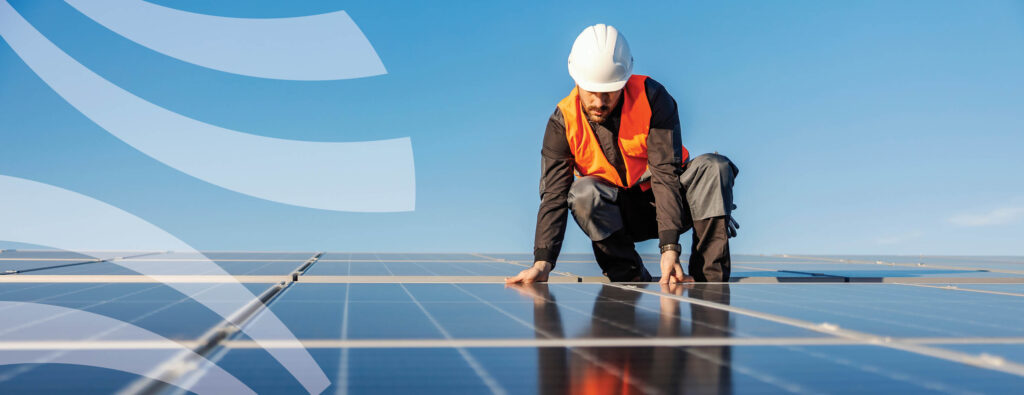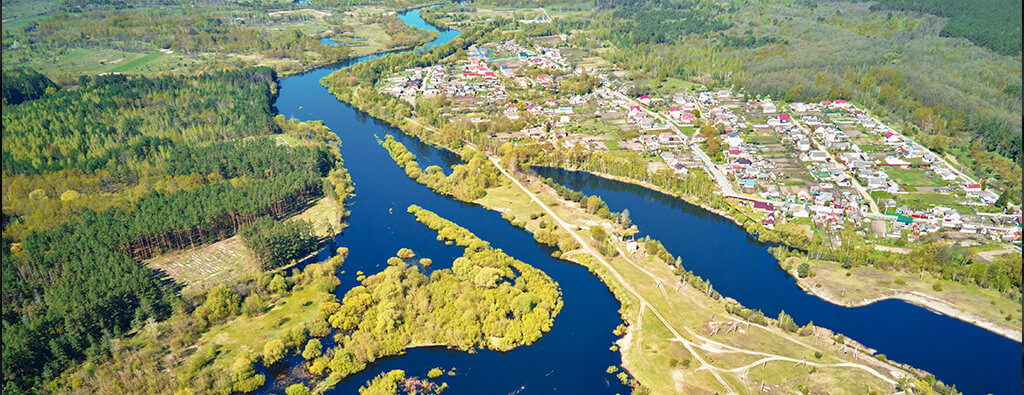The FEMA Building Resilient Infrastructure and Communities (BRIC) program was closed in early April 2025 and is no longer active.
FEMA recently announced a broadened funding initiative to enhance climate resilience via net-zero energy projects. This will include the provision of financial support for the Public Assistance (PA), Hazard Mitigation Grant (HMGP), and the Building Resilient Infrastructure and Communities (BRIC) Programs.
Net-Zero Initiatives Revolutionize FEMA’s Assistance and Resilience Programs
The Public Assistance program provides supplemental grants to governments and select nonprofits to recover from major disasters and will now cover costs associated with net-zero energy projects. This means rebuilding our schools, hospitals, and community infrastructure with sustainable solar power, efficient appliances, and heat pumps.
Similarly, the Hazard Mitigation Grant Program will funnel funding into developing hazard mitigation plans, aiding governments in rebuilding in ways that decrease future disaster losses while boosting energy reliability and reducing greenhouse gas emissions.
The BRIC Program, an annual fund for climate resilience initiatives, will support net-zero energy ventures. Added incentives are provided for communities using climate-friendly materials and clean energy alternatives, creating a path to a sustainable economy and healthier environment.
These programs are pivotal in addressing extreme weather events and promoting climate resiliency and adaptation. With the increasing frequency and severity of disasters, rebuilding and building back better is crucial.
The Importance of Net-Zero Energy Projects in Tackling the Changing Climate
Net-zero energy refers to buildings or communities that produce as much renewable energy as they consume. By investing in net-zero energy initiatives, governments and communities can reduce their carbon footprint, decrease reliance on fossil fuels, and lower energy costs over time. Furthermore, net-zero energy projects can stimulate job growth in the clean energy sector. As governments and communities invest in these initiatives, there will be a demand for skilled workers in fields such as solar panel installation, energy efficiency consulting, and sustainable construction.
FEMA’s announcement of funding for net-zero energy projects is a significant step towards addressing climate challenges and building more resilient communities. This action aligns perfectly with Tidal Basin’s mission of being at the forefront of the industry, tackling these issues, and providing solutions to address extreme weather events and drive climate resiliency and adaptation.
By incorporating sustainable energy solutions into disaster recovery and hazard mitigation efforts, we can reduce our environmental impact and create a brighter future for future generations.



